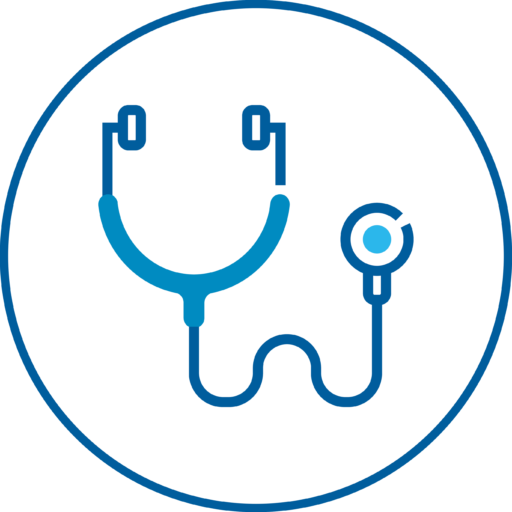The Need for Transformation
Healthcare, by its nature, is complex and involves a multitude of stakeholders – patients, healthcare providers, administrators, and insurers. Traditional methods of managing healthcare often lead to inefficiencies, delays, and a lack of real-time information. Enter the era of healthcare mobile applications, designed to address these challenges head-on.
Accessibility Redefined
One of the primary advantages of healthcare management apps is the newfound accessibility they provide. Patients can schedule appointments, access medical records, and receive personalized health information, all from the convenience of their smartphones. This not only saves time but also encourages a proactive approach to healthcare.
Enhancing Patient Engagement
Engaging patients in their healthcare journey has long been a goal for healthcare providers. Mobile apps play a pivotal role in achieving this objective by fostering continuous communication. From medication reminders to personalized health tips, these apps empower patients to take control of their well-being.
Streamlining Administrative Processes
Healthcare management apps don’t just benefit patients; they also revolutionize the way healthcare facilities operate. Administrative tasks, such as appointment scheduling, billing, and record-keeping, are streamlined, reducing the burden on staff and allowing them to focus more on patient care.
Real-Time Health Monitoring
Thanks to advances in technology, healthcare management apps can now integrate with wearables and other monitoring devices. This enables real-time tracking of vital signs, medication adherence, and overall health trends. Healthcare providers can remotely monitor patients, intervene when necessary, and make data-driven decisions for more personalized care.
Security and Compliance
Addressing concerns about data security and privacy is a top priority for healthcare apps. Advanced encryption and strict compliance measures ensure that sensitive health information is safeguarded. This not only builds trust among users but also aligns with the stringent regulatory requirements governing healthcare data.
Looking to the Future
As technology continues to advance, the future of healthcare management apps looks promising. Artificial intelligence and machine learning algorithms hold the potential to analyze vast amounts of health data, providing valuable insights for predictive and preventive care.
In conclusion, healthcare management apps are not just tools; they represent a transformative force in an industry that is evolving to meet the demands of the digital age. By embracing these innovations, healthcare providers and patients alike stand to benefit from a more efficient, accessible, and patient-centric healthcare experience. The revolution has begun, and the mobile app is at its forefront, shaping the future of healthcare.






